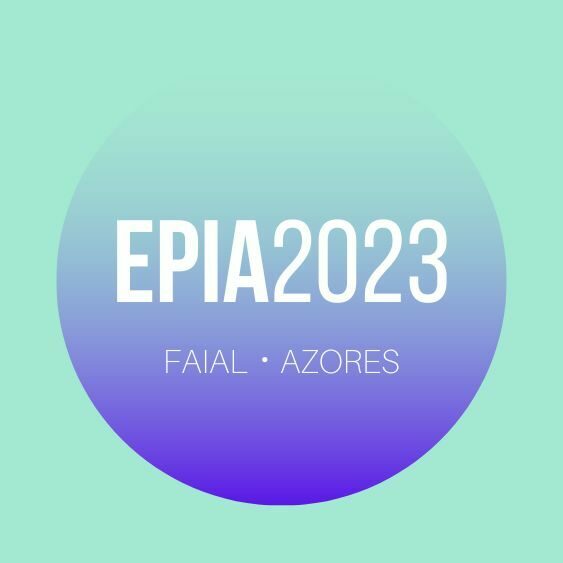social simulation and modelling
Complex Systems are an interdisciplinary field of research that seeks to explain how large numbers of relatively simple entities organize themselves into collective system that creates patterns, uses data and is may be able to evolve and to learn. On the other hand, Social Simulation is a multi-disciplinary effort that has increasingly established new challenges for the Artificial Intelligence and Multiagent Systems community, by bringing the agent technology to face complex phenomena such as the ones found in social sciences.
The exchange between researchers in these areas has proven mutually fruitful, as much inspiration in Multiagent Systems has come from Social Sciences, and these have benefited from more rigourous and operational concepts as well as from principled methodologies with which to face experiments with heterogeneous artificial agents. Complexity and Social Simulation (CSS) brings together the multi-agent systems (MAS) and agent-based modelling (ABM) communities. The focus of MAS is on the solution of complex problems related to the construction, deployment and efficient operation of agent-based systems, while the focus of ABM is on simulating and synthesising social behaviours in order to understand real social systems (human, animal and even digital) via the development and testing of new theories. Both these communities are now well-established and have many common issues, but there are few opportunities for crossover of ideas between the two communities. In addition, since social life could not be conceived without social interactions, other areas such as social network analysis have contributed to characterize and model the structures of networks, so as to understand the flow of relevant factors between network nodes (i.e., the agents).
This track aims at presenting the most recent advances in Complexity and multi-agent-based exploratory social simulation from a strong computer science and Artificial Intelligence stance. To promote a multi-disciplinary and cross-influential approach, this track will focus both on ideas coming from Artificial Intelligence as a new technology to provide insights into ABM community and the ideas coming from social sciences as new metaphors to provide insights into MAS community. Complexity and Social Simulation are exciting fields, and EPIA audience will be excited about it.
TOPICS OF INTEREST
General Issues:
- Agent and social environment modelling
- Learning and Evolution
- Self-organisation, scalability, robustness
- Policy applications
- Artificial Life
- Social Network Analysis
- Social Simulation
- Economics and Business applications
MAS issues:
- Grid-computing for SS
- Visualisation and analytic tools
- Managing interactions in large-scale systems
- Simulation languages and formalisms
- Complexity
ABM issues:
- Formal and agent-based models of social behaviour and social order
- Social structures and norms
- Cognitive modelling
- The emergence of co-operation and co-ordinated action
- Agent-based experimental economics
- Empirically-based agent-based modelling
ORGANIZATION COMMITTEE
- Pedro Campos, Universidade do Porto / INESC TEC, Portugal
- Luis Antunes, Universidade de Lisboa / LabMAg, Portugal
- Fernando Oliveira, University of Bradford, UK

